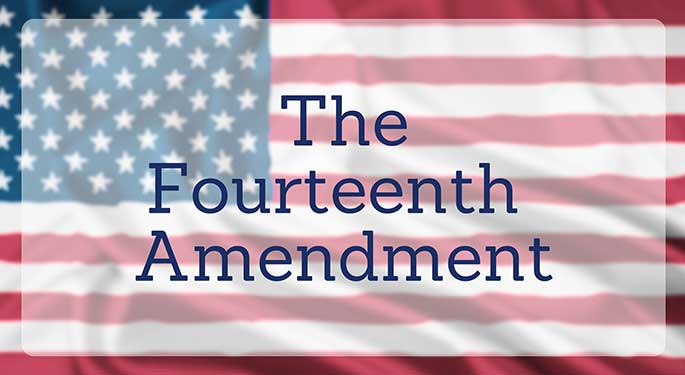The Current Status of the Fight Over Birthright Citizenship: Trump v. CASA

August 11, 2025
The 14th Amendment to the U.S. Constitution provides that “all persons born or naturalized in the United States, and subject to the jurisdiction thereof, are citizens of the United States and of the state wherein they reside.” Since its adoption in 1868, there have been several Supreme Court cases on the issue of birthright citizenship all of have held that all children born in the United States, including the children of most immigrants, are entitled to U.S. citizenship. This is an area in which the law has been essentially settled and consistently applied for more than 150 years.
In one of the early Executive Orders of this Administration, (Executive Order 14160, “Protecting the Meaning and Value of American Citizenship”) President Trump sought to eliminate the application of birthright citizenship in the case of children born of a mother who is either in the U.S. without legal status, or is here legally but on a temporary visa and whose father was not a U.S. citizen or permanent resident at the time of birth (the “Birthright EO”). The Birthright EO was intended to apply to children born 30 days after the order’s issuance and instructs government departments and agencies to change their approach to issuing and accepting “documents recognizing United States citizenship.”
In fairly short order, the constitutionality of the Birthright EO was challenged in several federal courts and ultimately District Court judges in several states issued nationwide injunctions against the implementation of the Executive Order. These District Court decisions were then upheld in the respective Federal Courts of Appeal.
In March of 2025, the Trump Administration asked the U.S. Supreme Court to partially block the nationwide injunctions in three of these cases arguing not that the Birthright EO was in fact constitutional but that lower courts do not have the authority to issue nationwide injunctions. This case (Trump v. CASA, Inc., et al., Slip Opinion No. 24A884, June 27, 2025) was accepted by the Supreme Court and argued on May 15, 2025.
On June 27, 2025, the Supreme Court, by a 6-3 conservative justice majority, released its opinion in Trump v. CASA. That decision does not address the constitutionality of birthright citizenship. Instead, this decision eliminates the concept of nationwide injunctions by lower courts except in limited cases involving challenges to federal government agency actions as illegal and in the case of Class Action lawsuits. This opinion instructs the lower courts that had issued nationwide injunctions with respect to the Birthright EO to narrow the geographic scope of their decisions. It is important to note that class action litigation is more complex and time consuming than obtaining a nationwide injunction as the result of a complaint filed by a single claimant.
The decision in Trump v. CASA is problematic on a number of levels. First, it leaves open the question, which has been settled for over a 150 years, as to whether there are significant limits to the concept of birthright citizenship. Second, if this decision is allowed to stand, then we would potentially see the Trump Administration putting into effect the Birthright EO solely in States where a Federal District Court has not either put in place an injunction or ruled that the EO is unconstitutional. This would mean that a baby subject to the EO would not be a U.S. citizen and would need to pursue further legal action to determine their citizenship status, while, in contrast, a baby born in a neighboring state that is not subject to the EO would be a U.S. citizen without the need for further legal action. The implications of this situation are both complex and chaotic at best.
Since the CASA decision, on July 10, 2025, a Federal District Court judge in New Hampshire issued a preliminary certification of babies as a class in a new lawsuit brought under the Class Action exemption outlined in the CASA decision and blocked the Executive Order nationwide. (Barbara v. Trump, Civil No. 25-cv-244-JL-AJ, July 10, 2025.) That preliminary decision and injunction is being contested by the Trump Administration, and a final order has not yet been issued.
The situation here is fluid and certainly will end up back in the Supreme Court either on the issue of the process used by the New Hampshire Federal Judge to certify the class for the Class Action claim and/or the actual constitutionality of the Executive Order.
We will keep you up-dated as there are further developments in this critically important issue.